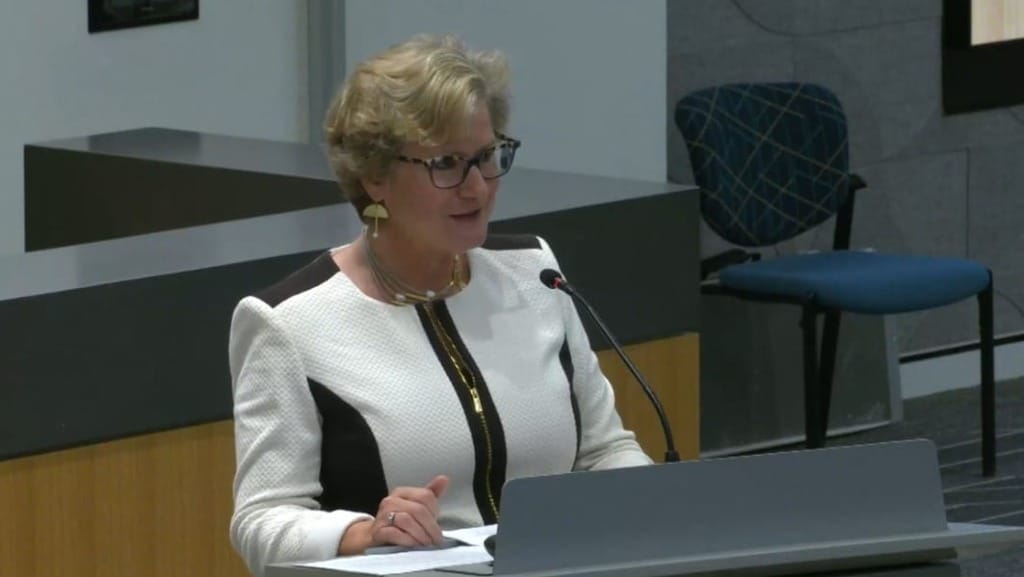FCC Experimental Licenses Powering Innovation in Space
FCC unlocks radio spectrum for space innovation and research breakthroughs.
Jericho Casper

WASHINGTON, Oct. 10, 2024 – The Federal Communications Commission is driving space innovation by allowing companies and researchers to test groundbreaking technologies that push the boundaries of what’s possible beyond Earth.
From 3D printing in orbit to asteroid mining and lunar communications, the FCC through its Experimental Licensing Program enables short-term, non-commercial missions for research and development.
These licenses, administered by the Office of Engineering and Technology in coordination with the Space Bureau, offer companies, universities, and defense contractors the opportunity to test cutting-edge space technologies in real-world conditions before they move to full-scale commercial operations.
"The goal is to support innovation, equipment development, and market trials, while ensuring these experiments take place without causing harmful interference to existing communications systems," said Tony Serafini, chief of the FCC’s experimental licensing division, during a panel on Wednesday.
The program is governed by Part 5 of the FCC’s rules (CFR Title 47), which provides a regulatory framework for using the radio spectrum for scientific experimentation and technology development. Under these rules, stations can conduct research in fields ranging from communications and broadcast services to technical demonstrations.
Among the promising developments discussed was 3D printing in space. With experimental licenses in hand, companies are exploring how to build essential infrastructure and tools directly in orbit, reducing the reliance on Earth-based manufacturing and transportation.
Space Bureau Chief Technologist Whitney Lohmeyer emphasized the importance of the licenses for space startups and educational institutions, She said the agency has seen a surge in the number of applications for CubeSats, small experimental satellites used for research and technology demonstrations. The FCC’s experimental licensing is critical for enabling these projects, especially for engineering students working on real-world applications.
“Today, we are licensing spectrum for companies engaged in novel space applications like manufacturing in space, printing in space, minerals extraction from asteroids, and Earth observation for climate and imaging uses,” said Space Bureau Chief Julie Kearney. These projects, while still in the experimental phase, promise to revolutionize industries from telecommunications to manufacturing, she said.









Member discussion